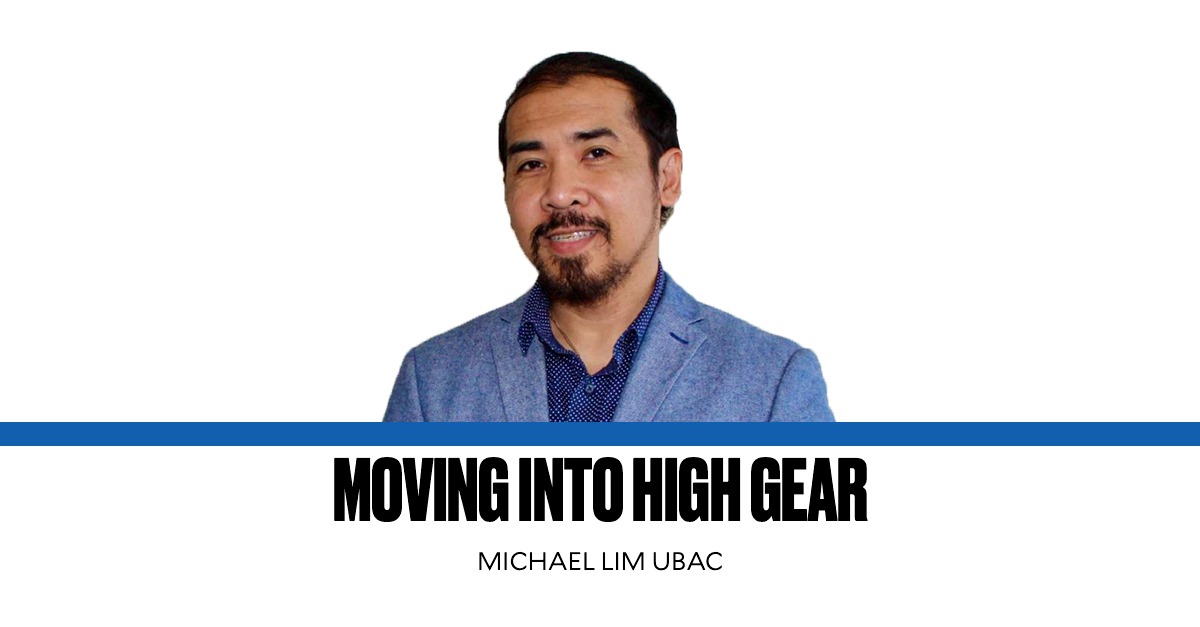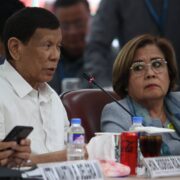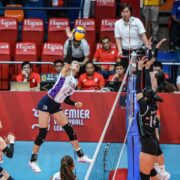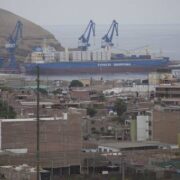Principal by inducement?

The appearance of former president Rodrigo Duterte at the House of Representatives quad committee on Wednesday offered the nation another opportunity to reflect on what really went wrong in his war on drugs.
While we fully support all efforts to eliminate illegal drugs from the country, Duterte’s take-no-prisoner approach to his anti-drug campaign for six years has produced many widows and orphans, and sent a number of police officers to jail.
The ravages of the drug war, both in terms of the lives lost and on the diminished reputation of law enforcement agencies, put into question the wisdom of treating the drug menace as mainly a law enforcement problem.
But Duterte’s willingness to be quizzed about his official acts as president in relation to the drug war is commendable, as it provided the citizens of this nation with some answers to the troubling questions that extrajudicial killings under his watch have elicited.
Bravely facing the quad committee during its 11th hearing, Duterte stood his ground from morning until a quarter before midnight on Wednesday.
I’ve been a journalist long enough to realize that political archenemies sitting side by side—for hours on end—is a rare phenomenon in this country. Yesterday, the jailer sat beside his fierce critic, former senator Leila de Lima, whom he sent to jail on what she said were “fictitious and bogus” drug charges.
Duterte’s other acknowledged enemy, former senator Sonny Trillanes, who filed plunder cases against him and a drug case against his son and son-in-law, was only two seats away from him.
One thing stood out during the back-and forth discussions: Duterte’s insistence on taking “full legal, moral responsibility” for the drug war, an admission he first made on Oct. 28 during a Senate hearing on the same issue.
“All those that happened pursuant to my order to stop the drug problem in this country, they were mine. I gave the order. They did it illegally or legally, that’s mine. I take full responsibility for it,” he said.
But there’s a caveat: he doesn’t take responsibility for the direct beneficiaries of his “kill, kill, kill” order—the drug suspects killed in the drug war. He said he had no hand in those killings, insisting several times that “guilt is personal.”
Conspiracy theory
It was Batangas Rep. Gerville Luistro who first raised the legal theory of conspiracy to commit a crime ostensibly to challenge Duterte’s “full responsibility” statement, which, ironically, doesn’t cover any liability for the individual killings.
She reminded Duterte that in a conspiracy, one can be the principal either by inducement, indispensable cooperation, or direct participation. He agreed, even correctly specifying instances when any of these three situations can occur.
“Going back to your statement that you are taking full responsibility to all the victims of the war on drugs, both legal and illegal, it is my humble submission that the former president can be considered liable for all these crimes under the theory of conspiracy by being a principal by inducement. Without the order, without the reward, these police operatives should not have resulted in killing a huge number of victims of the war on drugs,” said Luistro.
Luistro made the manifestation after Duterte himself said that giving money was one form of an inducement to commit a crime.
Apparently realizing a legal conundrum of his own making, Duterte retreated to the defense of public officials of “presumption of regularity” in the performance of their duty. “That’s a principle of law,” the former leader shot back.
Confession of guilt
Luistro clarified if Duterte was making an extrajudicial confession of guilt, and Duterte replied yes. “In a sense, yes, because … I ordered the campaign against the drug syndicates, and whatever they did—whether illegal or not—[I was the one who ordered it,] in that sense I take that responsibility of their actions,” said Duterte.
But when pressed further, he again contradicted himself, saying, “it was not about guilt or a wrong. What I’m saying is that [all those I ordered in the] war against drugs … [whatever they’re doing,] I take full responsibility for that.”
A bewildered 1-Rider party list Rep. Ramon Gutierrez then asked what exactly Duterte was taking responsibility for. “Where do you draw the line of your responsibility in this war on drugs, Mr. President?” the party list solon said.
“Because guilt is personal,” replied Duterte, to which Gutierrez pointed out that Duterte was actually making a “distinction” between the policy considerations, or the orders given to the police, and “individual cases in which you would claim you would not know.”
Thus, in trying to divine Duterte’s admission-cum-defense, one must be perceptive enough to recognize that he’s a man of contradictions. That implies that he could contradict himself by explaining in a convoluted manner, which would only confuse and not clarify. If you think you’ve made him admit to something he did, he can get out of the trap by using obfuscation as a weapon.


















